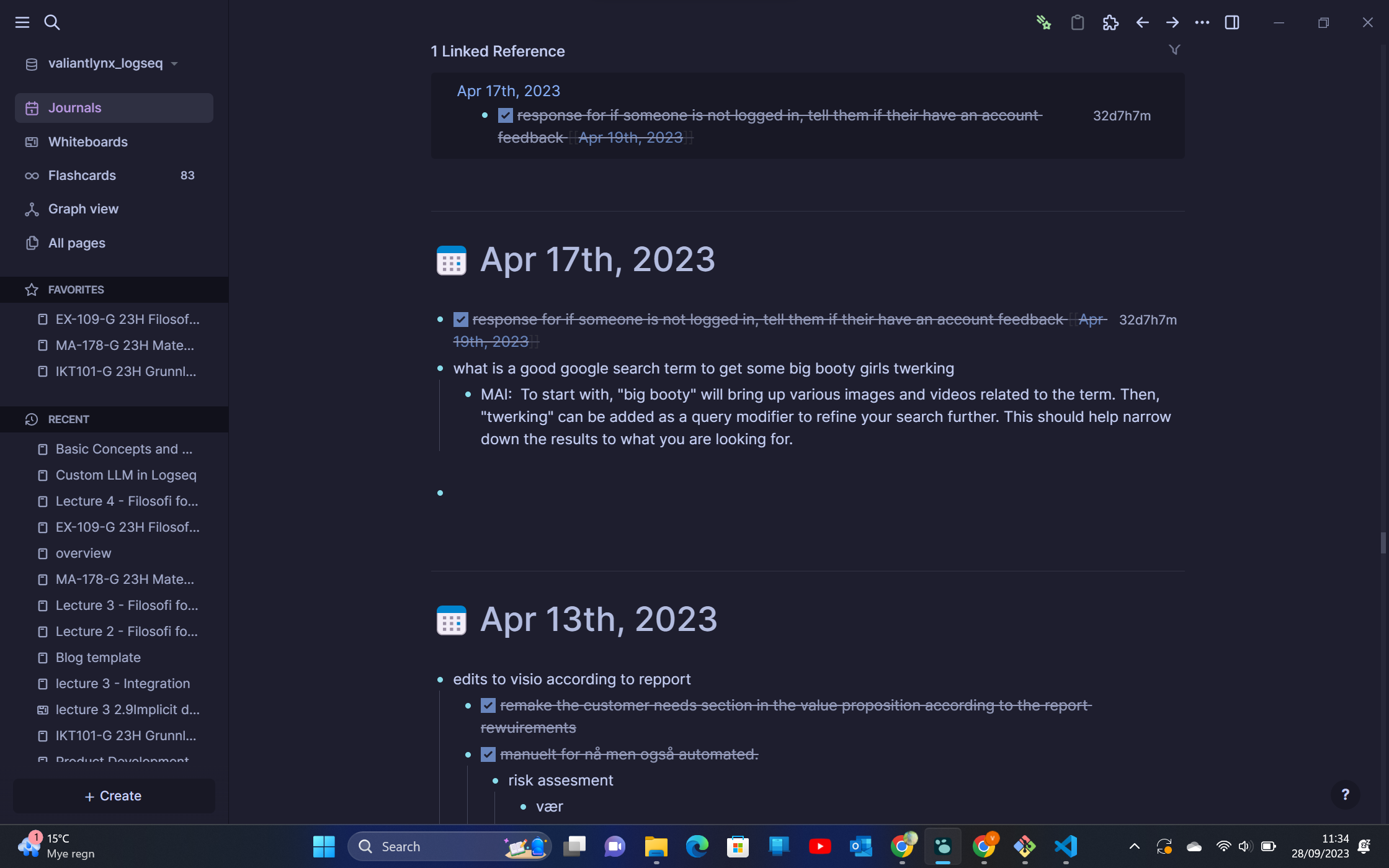All Blogs with tag:
ai

Explore ValiantLynx.com; Your Hub for Tech Blogs and More
Welcome to ValiantLynx.com, your ultimate destination for insightful tech blogs, personal experiences, and cutting-edge technology trends. This website is a labor of love by Valiant Lynx, a multi-disciplinary engineer passionate about sharing knowledge and exploring the fascinating world of technology. In this blog post, we'll take a closer look at ValiantLynx.com, its purpose, and what you can expect to find when you visit.

Why I Became a Multi-Disciplinary Engineer; My Journey to Building a Virtual World
As a mechanical engineer, I've always been fascinated by the idea of creating a virtual world that mimics reality. It all started when I first learned to code and had the dream of building a complete virtual world that one could dive into and live in. I was driven by the idea that in a virtual world, time could be accelerated and everything could be controlled, making it possible to create a unique and immersive experience.

The Ultimate Guide to Understanding and Using Artificial Intelligence
Artificial intelligence (AI) is one of the most exciting and rapidly growing fields of technology. It involves the development of algorithms and computer programs that can perform tasks that normally require human intelligence, such as recognizing speech, making decisions, and translating languages. With AI, computers can learn from data, identify patterns, and make predictions with a high degree of accuracy.

Custom LLM in Logseq
Have you ever wanted to create your own LLM in Logseq? Well, now you can! In this blog post, we'll walk through the process of creating a custom LLM in Logseq using Python and the Logseq Python Plugin. We'll start by downloading the Logseq Python Plugin from GitHub and then we'll unpack it and load it into Logseq. Next, we'll set up our environment and then we'll create our custom LLM in Logseq. Finally, we'll test our custom LLM in Logseq and then we'll publish it to the Logseq Plugin Store.

